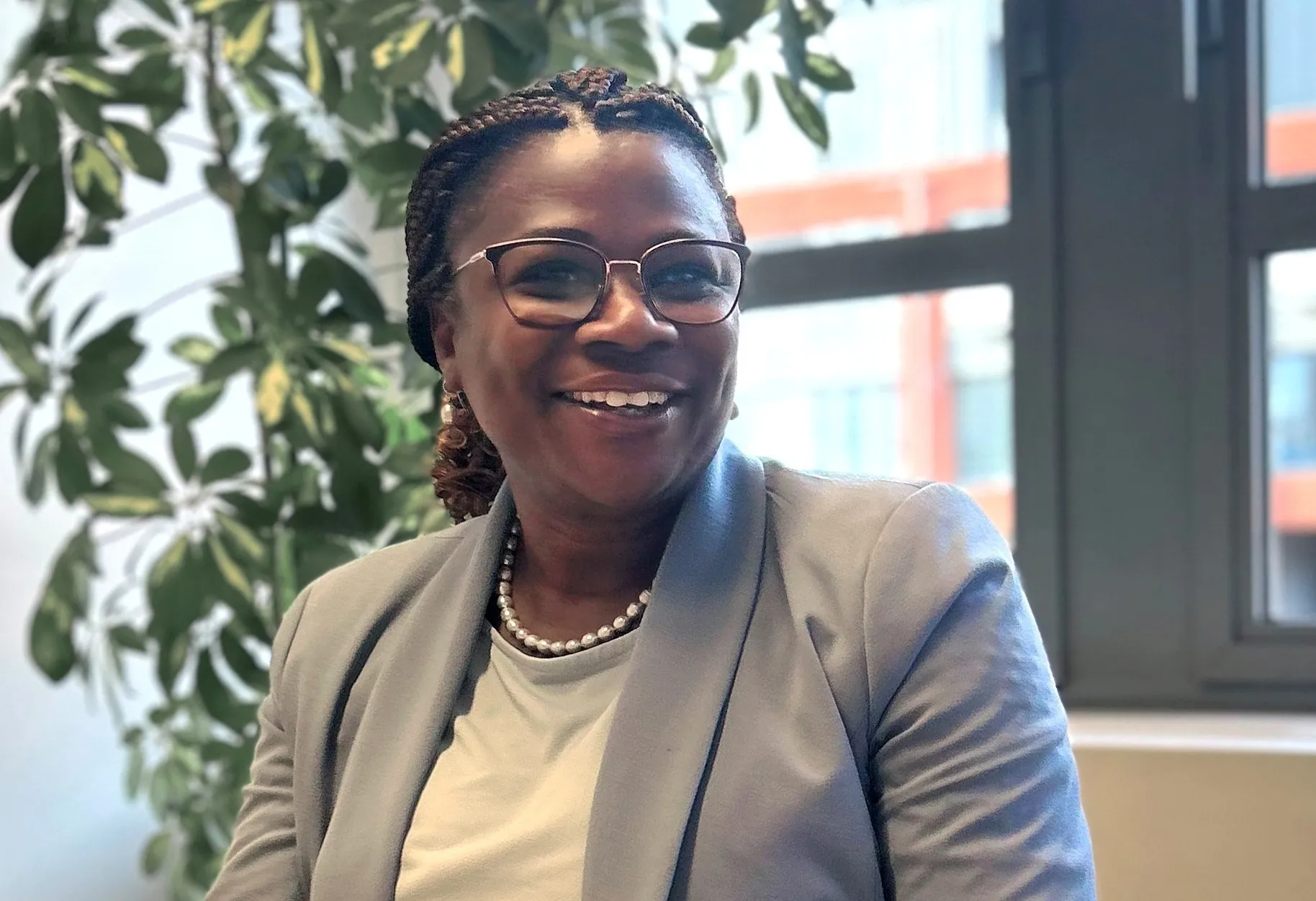
Cities and transport authorities need to engage their citizens if they are to make a success of congestion charging schemes.
That's the key message from John Horner, national practice lead - urban mobility at Kapsch TrafficCom North America, In an article published on IBTTA's Tolling Points.
"As interest in congestion pricing grows, the importance of education and dialogue is paramount," he says.
"The technical design and implementation of these systems is easy. It’s much harder to actually enhance mobility for all citizens by reducing congestion and increasing transport accessibility and availability."
Horner says that taking the public with you is vital - and that this requires explaining why congestion zones are a good idea in terms of the environment and equity.
He suggests current ways of funding roads are unfair, since registration fees, insurance and gas taxes "are the same for everyone but burden the poor more than the wealthy".
Revenues from demand-based pricing could be used to support initiatives which "improve transport availability and accessibility for the disadvantaged".
"Implemented correctly, congestion charging could therefore create more equitability while simultaneously reducing traffic congestion," he argues.
However, while there is a good case for introducing congestion charging schemes, it "doesn’t mean the real-world system will live up to the potential", he points out.
"Countless details are needed to design a system that is achievable, equitable, and effective," he continues. "Revenue from the programme must be used responsibly. How does a city figure all that out?"
"The public must accept it," Horner concludes. "My journey from opposition to support required months of reading case studies, economic analyses, and traffic data studies. Most people won’t do that. How do we win their support?"
Among the points he suggests are that planning for a congestion zone must address questions about the on-the-ground effects of a new zone scheme, rather than simply talking about revenue projections to make the case.
Also, he thinks that cities might consider "drawing cordon lines based on social concerns even if engineering analysis suggests otherwise".
- Elsewhere in the company, JB Kendrick has been appointed president of Kapsch TrafficCom North America. Formerly senior vice president of sales and business development, she replaces Chris Murray who has left the business.









